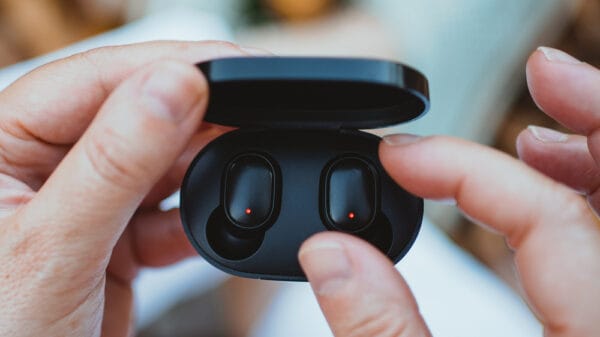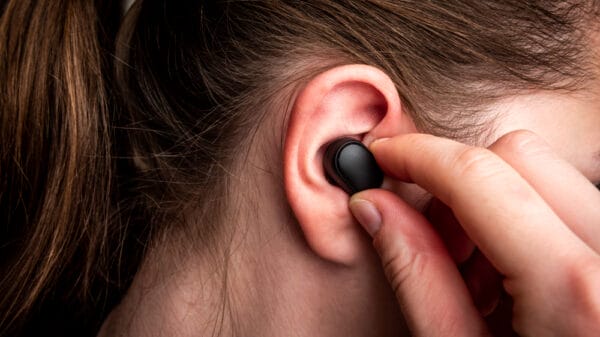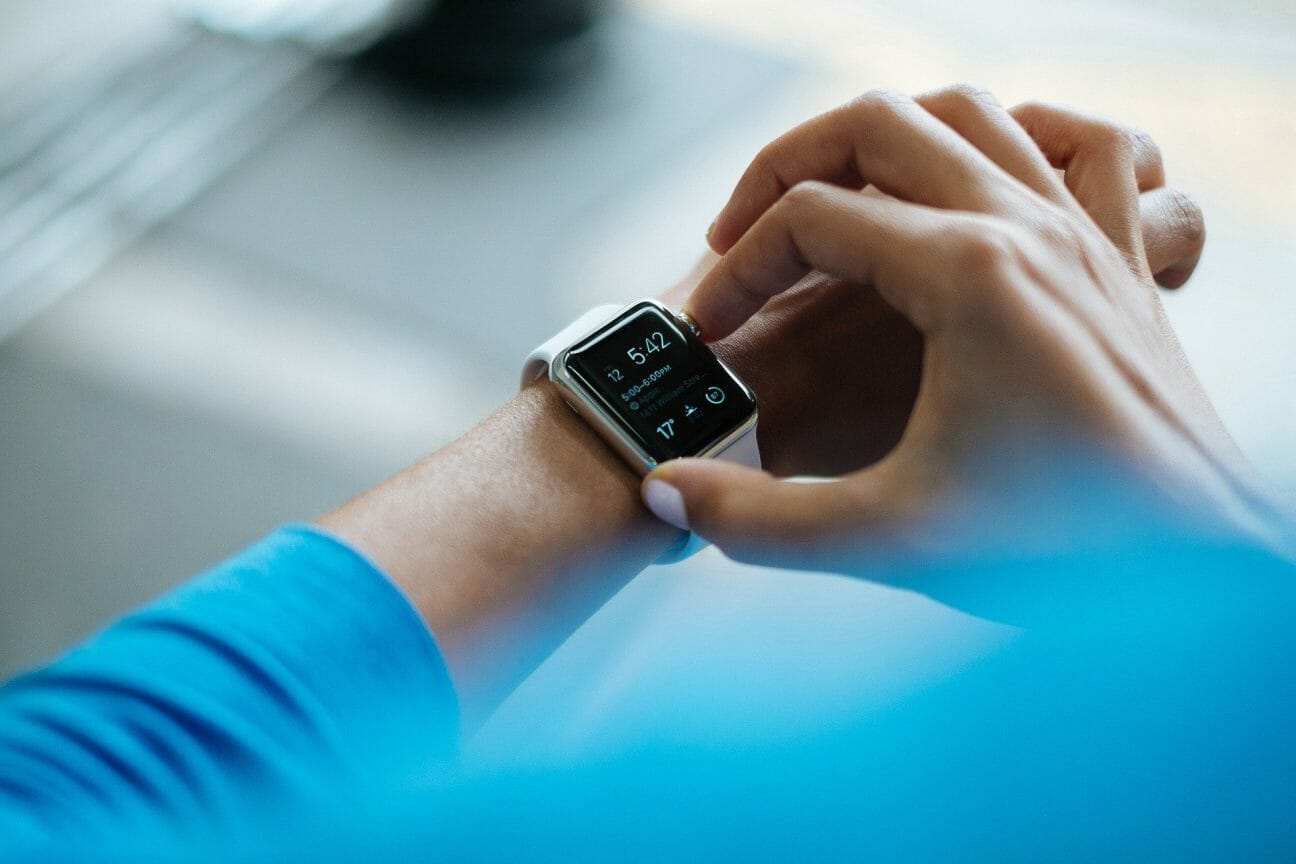Covid-19 has led to a surge in single-use plastic waste, with items like plastic bags, bottles, and hand sanitizer containers contributing to the 8 million tons of plastic that finds its way into the oceans. Without intervention, experts predict this amount will triple by 2040.
Hab, a company based in Los Angeles, has introduced flavored ‘bit’ tablets that can enhance the taste of water without the need for single-use plastic bottles. By simply dropping a tablet into a reusable bottle, you can enjoy a refreshing citrus-flavored beverage with added vitamins. Each ‘bit’ contains only two calories and a significant dose of vitamin C. Hab offers two flavors – lemon-lime and clementine, made from natural ingredients. Moreover, a portion of Hab’s profits is donated to The Water Project, an organization dedicated to providing clean water to underserved areas.
Sanikind, created by entrepreneur Miles Pepper, addresses the issue of plastic waste caused by small hand sanitizer bottles. Sanikind offers a refillable misting hand sanitizer dispenser that can attach to various items for convenient on-the-go use. The product is not only sustainable but also effective in combating the spread of germs. By utilizing ocean-bound plastic and aluminum for their containers, Sanikind promotes eco-friendly practices.
LastObject, founded by three Danish entrepreneurs, aims to reduce single-use products by creating reusable alternatives. Their flagship product, LastSwab, serves as a sustainable replacement for disposable cotton swabs. With the potential for over 1000 uses, LastSwab significantly reduces plastic pollution. LastObject has expanded its product line to include LastTissue and LastRound, further promoting eco-conscious choices among consumers.
These innovative products not only offer practical solutions but also advocate for a cleaner and more sustainable future. By encouraging the use of reusable items and reducing single-use waste, these companies are making a positive impact on the environment and inspiring consumers to adopt more eco-friendly practices.
Image Source: Pixabay




































